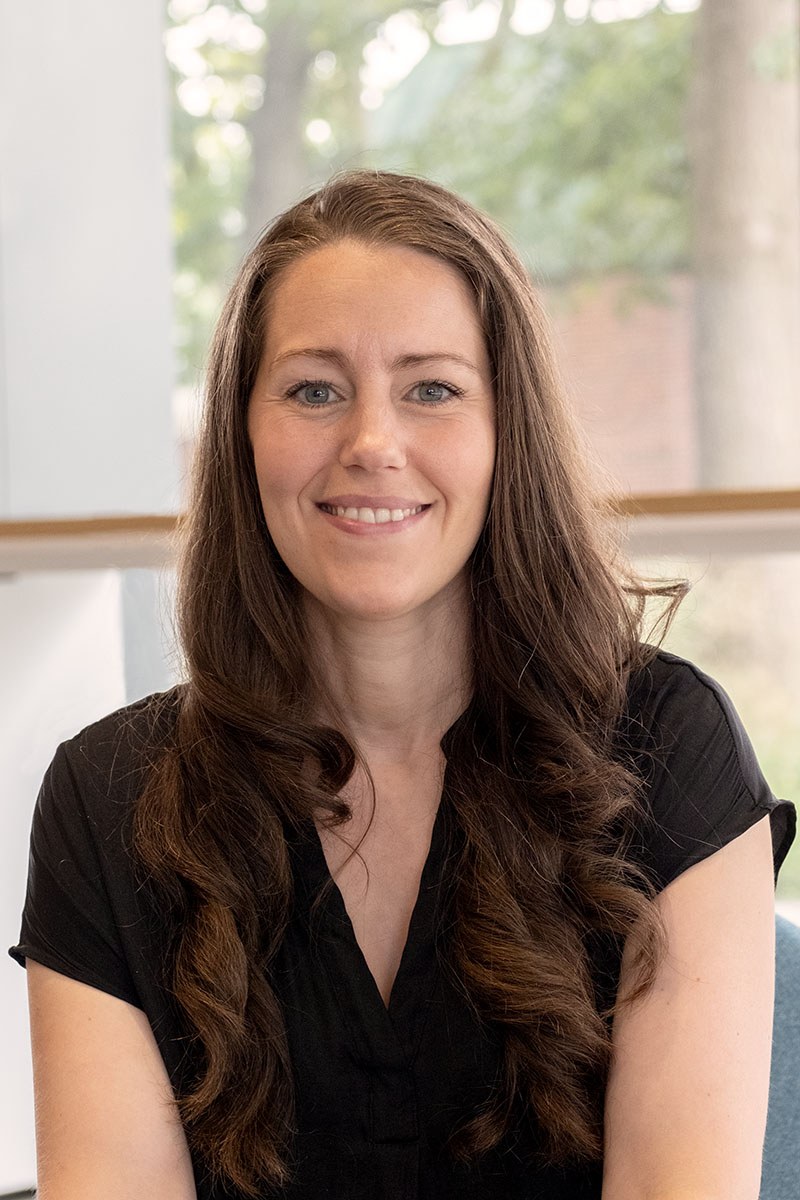Posted: April 7, 2025
One of several news spotlights about our new faculty and what research their labs are conducting to move the study of entomology in our world forward.

Heather Grab, Ph.D.
By Eric Phillips
Much of the world's land is now dedicated to agricultural production. Given the extent of agricultural areas on our planet, these lands represent an important opportunity for the conservation of global biodiversity. At the same time, insects play many roles in these systems. They are part of complex food webs where they act as pests or vectors of plant diseases and natural enemies of other pest species, as well as food sources for other groups like songbirds. They contribute to nutrient cycling and the pollination of 87% percent of crops.
Dr. Grab leads work that is solving problems at the interface of agriculture and ecology. The focus of their lab work is the beneficial contributions of insects and exploring ways to better integrate these ecosystem services into agroecosystems. Leveraging smart technologies such as automated monitoring systems and large spatial datasets, lab members also develop tools to help growers manage pest insects using ecologically friendly methods. Dr. Grab emphasizes the tangible societal impact of their work, saying, "It is exciting to know that the science we do in the lab can be put into action to improve both farmer livelihoods and the environment."
The lab is a highly collaborative environment featuring experts in many disciplines from Penn State as well as other institutions across the globe. This is a great opportunity for students to develop a wide range of skills that will prepare them for future careers in academia, government, NGOs, and industry, all while making a positive impact on the world through their work. Whether interested in field-based projects or data-driven work, all student lab members have the opportunity to develop essential quantitative and communication skills.

